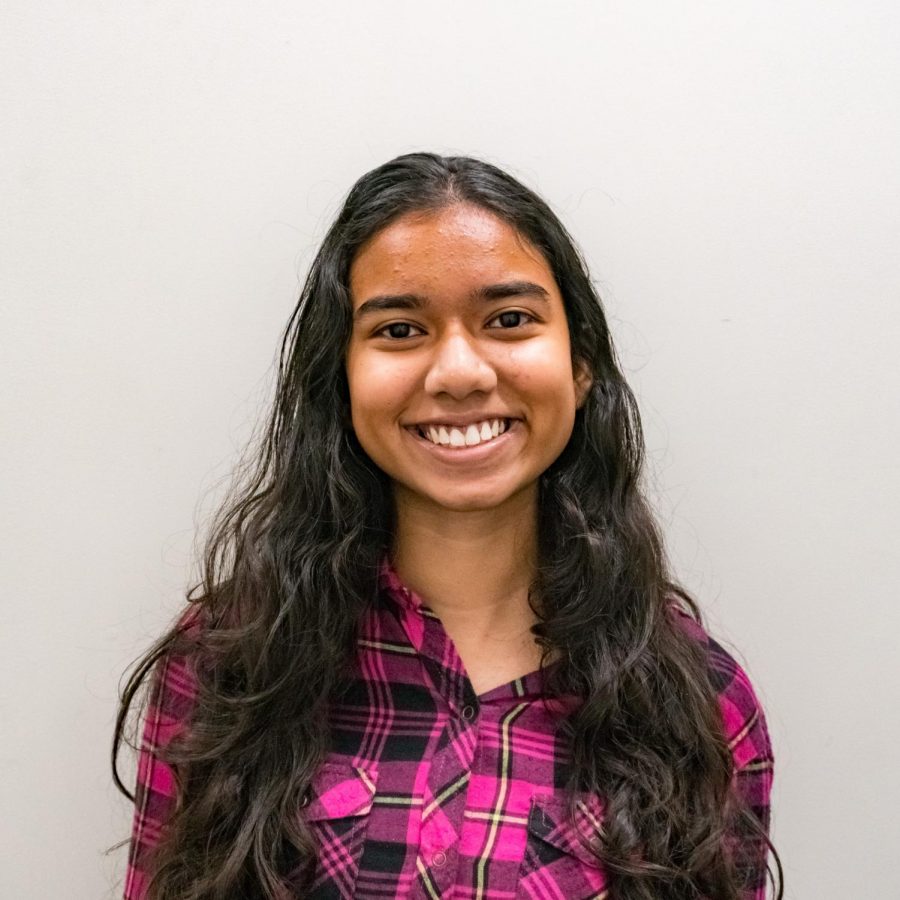Why Does NYU Lack a Space for Non-Partisan Discussions?
October 2, 2018
As a first-year, I was incredibly excited about Club Fest. I wanted to find interesting clubs, tight-knit communities and intellectually stimulating environments. Interested in politics, I immediately went to the fourth floor of Kimmel Center for University Life, where the event was in full swing — only to be bombarded first by the Young Democratic Socialists of America, the College Democrats and then the College Republicans. Yet I was unable to find what I was truly looking for: a club that facilitated freewheeling conversations independent of a party designation. A club like this would help reduce polarization among the student body by offering an environment that deliberately promotes boundless political discussion.
The primary nonpartisan club on campus fell short of my expectations. The NYU Politics Society — with a mission to “generate discussion and a deeper understanding of politics” — boasts prominent guest speakers, expert panel discussions and Interclub Debates with the College Democrats, Republicans, Libertarians and other political groups. This comes with the sharp drawback that it undermines close-knit discussions between the students themselves. According to Adrian Pietrzak, president of the NYU Politics Society, the club has around 2000 members, with about 40-50 attendees at each weekly meeting. A rotating proportion of the student members come to each meeting, because students often selectively choose to attend based on their interest in that particular week’s event. This is unfortunate since a familiarity and comfort among members is often integral when it comes to breeding empathy and allowing students to be vulnerable with potentially controversial beliefs.
Previously, some of the most insightful political discussions I’ve had were in close-knit classroom and club settings where many opposing viewpoints were present. Teachers encouraged the respectful exchange of ideas and many students could be found critically examining their own beliefs. Open-minded discourse that is purposefully facilitated can have profound impacts on an increasingly polarized student body that is often pressured to choose a party or ideology. A benefit of these non-partisan spaces is that there is no pressure to fully adhere to any given party’s platform, and students can feel more comfortable diverging from predefined political narratives and noncommittally exploring the full spectrum of political beliefs. For those of us who do have a set political belief system, it forces us to come out of our ideological bubbles rather than ingraining us further into them, and it helps us become more acute thinkers across the board.
This is not to undermine the importance of these ideology-focused clubs. Their mission statements emphasize perpetuating the ideals of the party they represent, but above all, they aim to provide a sense of community and identity for active participants. These clubs often immerse partisan students in their political world through guest speakers, campaigning events and discussions. Although they play a fundamental role in NYU’s campus by inspiring political activism and serving as a great opportunity for creating long-lasting connections, I am slightly disappointed to find the same resources aren’t available when it comes to non-partisan political clubs. Now, more than ever, the NYU student body needs more spaces dedicated to open, non-partisan discourse that will help students engage with ideas outside of the often suffocating, circular national political discourse.
It is crucial for students to find spaces where they can engage with political ideas outside of naturally polarized gatherings of people who have similar beliefs. We can fill this gap through an club or organization whose focus is purely on facilitating engagement between a diverse array of ideas among a community of students. In the meantime, I think it is enormously important for us to seek out those spaces for ourselves — whether it’s through other NYU clubs, in classrooms or simply among friends with different ideologies from ourselves.
Opinions expressed on the editorial pages are not necessarily those of WSN, and our publication of opinions is not an endorsement of them.
Email Nosheen Hossain at [email protected].
























































































































































